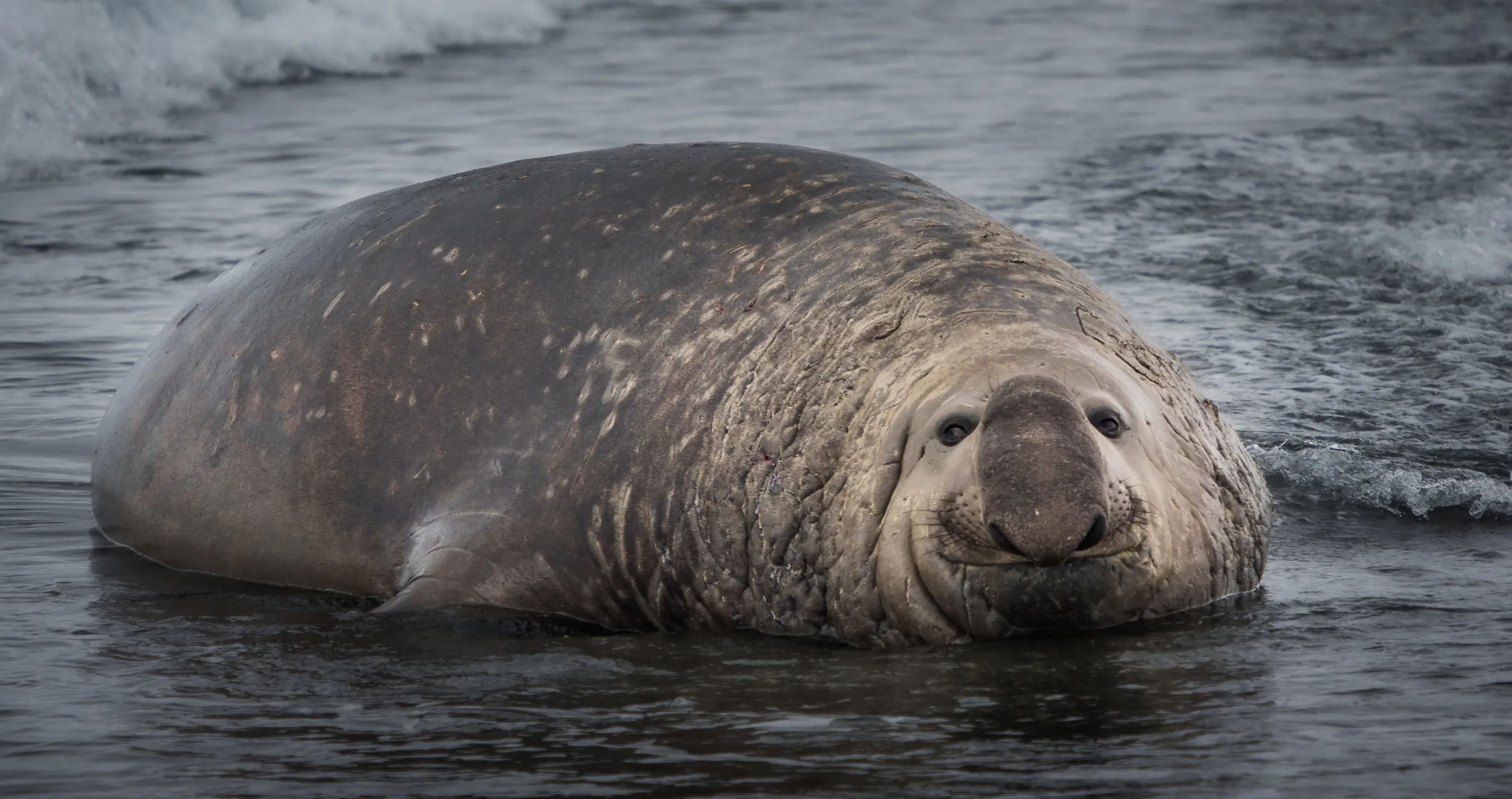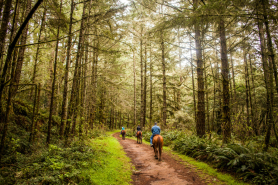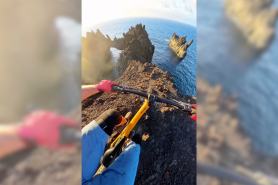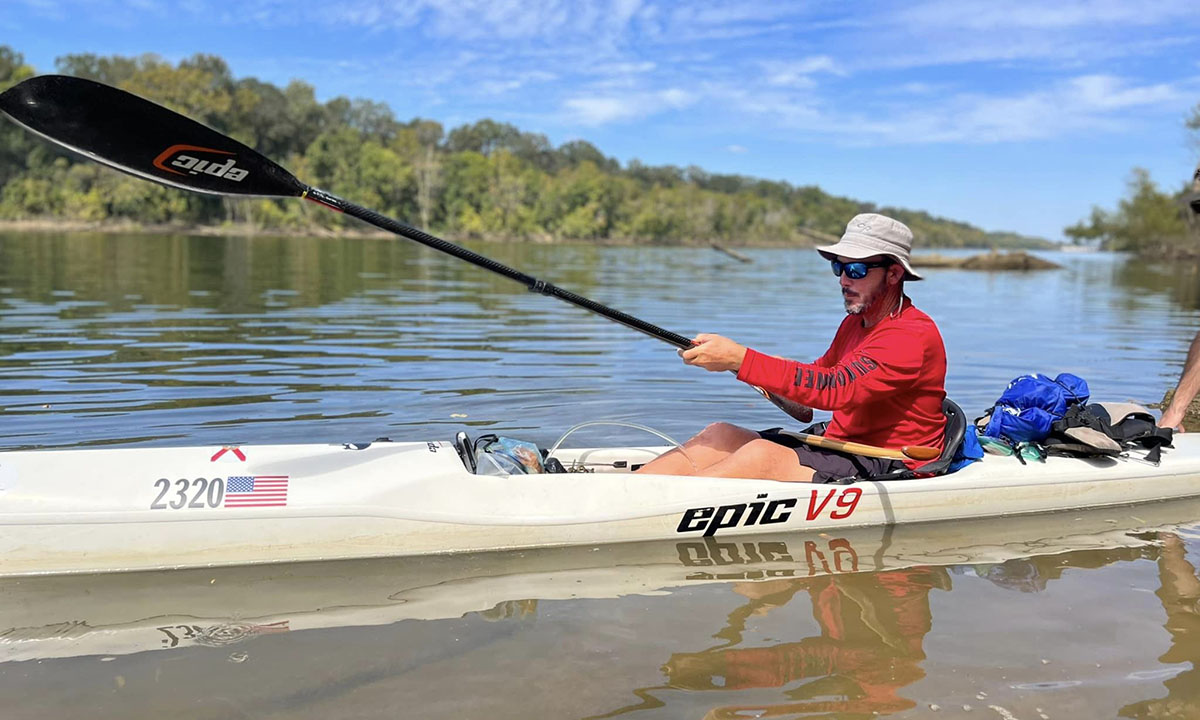

When you think of endurance events, your mind probably goes to ultra marathoners running 50-mile races over the course of an average workday.
Videos by Outdoors
But Alabama is home to an even more extreme event that pits paddlers against 650 miles of challenging waters nonstop for 10 days.
Heading into its fifth year, the Great Alabama 650 is the longest paddle race in the U.S. and one of the toughest events for elite athletes in the world. The 2023 event kicks off this weekend.
Bringing World-Class Paddlers to Alabama
Greg Wingo, race director for the Great Alabama 650, says the event was started in alignment with the Alabama Scenic River Trail’s mission to promote the 6,000 miles of navigable waterways throughout the state.
“The idea for the race came about in 2018 as a way to create exposure for the amazing waterways we have here in Alabama. The core section of the Alabama Scenic River Trail is a 650-mile-long route that is the longest water trail in any one state in the country,” Wingo said. “We wanted to put a race on it so that paddling enthusiasts and racers from all over the world would want to come experience the beauty and difficulty of the trail.”
The first Great Alabama 650 took place just a year later in 2019 and has become an annual event, drawing participants from across the nation, Canada, and Germany.
Paddlers can register to compete in male solo, female solo, or two-person team divisions and use their vessel of choice.
“Racers are allowed to paddle any vessel that’s arm-powered paddling. So kayak, canoe, surfski, outrigger, and SUP (stand-up paddleboard) are all options,” Wingo said. “Racers can change out vessels during the race as well, because the types of water on the trail change so much that different vessels work better in different conditions.”
Not just any paddler can register for this rigorous race, though.
“They all must qualify for the race by doing one of about 20 other races around the world,” Wingo said. “By doing so, we know that they have the capability to potentially finish this race.”
Registrants must show proof of completion for one of these elite races within the last five years before the start of the event.
Crew support is also a critical element of the Great Alabama 650. While each vessel will only have one or two paddlers aboard, racers are required to have at least one person serving as crew throughout the race. These crew members can meet their racers at portage spots and help with functions such as restocking supplies, setting up camp, and swapping out watercraft.
‘America’s Amazon’
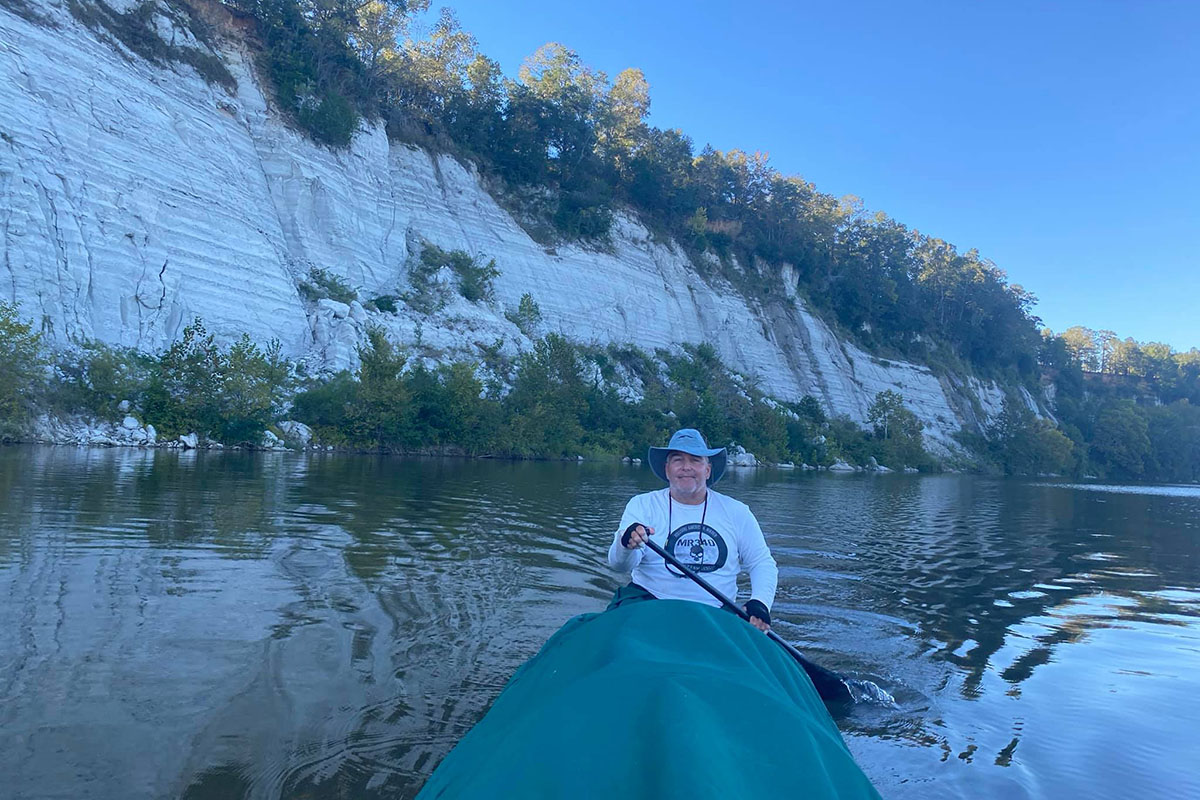
The Great Alabama 650 takes paddlers all the way from Weiss Lake in northeast Alabama to Fort Morgan in Mobile Bay at the southwest corner of the state via a diverse river trail ranging from serene deltas to class-V rapids.
“No other race combines more types of water, from flatwater to whitewater to tidal water to bay water — all in one race,” Wingo said. “And no other race has natural features like the Delta region, commonly called ‘America’s Amazon.’ It’s the most biodiverse region in the country.”
Paddlers can’t just coast along portions of the race — they have to power through the entire course, especially the home stretch.
“The river trail has virtually no flow. So unlike other races, you actually have to paddle the entire 650 miles or you won’t move at all. And, in fact, there are sections where you get backflow and could actually go in reverse,” Wingo said. “Additionally, the final 60 miles is in Mobile Bay and it’s arguably the hardest part of the race. The bay shows no mercy.”
The Great Alabama 650 typically falls at the beginning of autumn, when Alabama weather is still sweltering, adding yet another challenge for paddlers to overcome. They have up to 10 days to complete the unforgiving course, which would normally take paddlers 30 days to tour.
While Wingo says 15-18 vessels typically enter the Great Alabama 650 each year, only a fraction of them finish the race. During the inaugural race in 2019, just four of 15 reached the finish line. According to Wingo, a variety of factors, such as the brutal heat, extreme exhaustion, and devastating injuries keep competitors from completing the incredible challenge.
Most paddlers train for a year or more to prepare for the grueling, nonstop trek. The race demands more than just physical ability — it also calls for navigation skills, mental toughness, and overall grit that allows racers to grind on minimal sleep for days (like 12 hours of shuteye in a week).
“It requires intense dedication and desire to make it to the finish,” Wingo said.
For those with the incredible fortitude to traverse all 650 miles, the race rewards paddlers with an experience like none other.
“This race offers alligators, bears, snakes, sharks, dolphins, deer, wild boar, and stingrays. That all makes it pretty unique,” Wingo said. “Plus, the race starts in the foothills of the Appalachian mountain range and finishes at the Gulf of Mexico. All in between, racers see everything from marshy bogs to white cliff walls. There’s something new around each bend — and there’s a lot of bends!”
Winners of the Great Alabama 650 in each of the three divisions also receive $2,000 in prize money.
Paul Cox and Joe Mann currently hold the record for the fastest completion time of four days, 17 hours, and 4 minutes from their 2021 victory.
The 2023 Great Alabama 650 is slated for September 30 through October 10. Paddling enthusiasts who can’t catch the action in person can follow along from home in real-time via the race’s live tracker.

